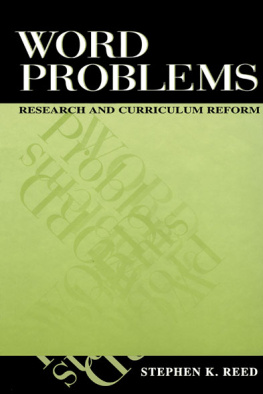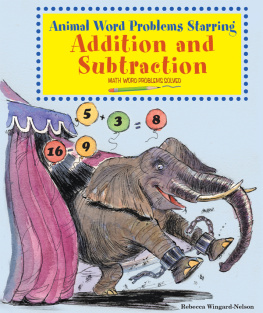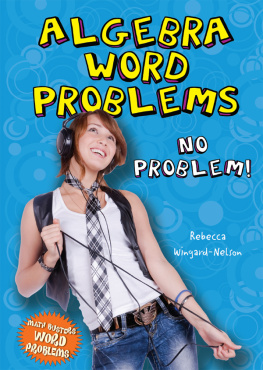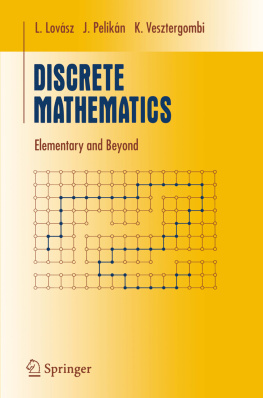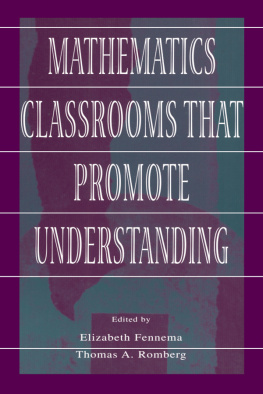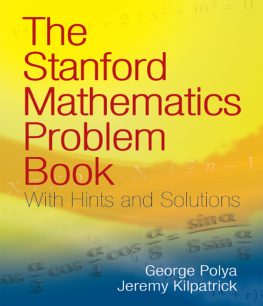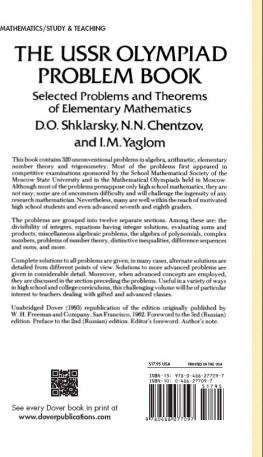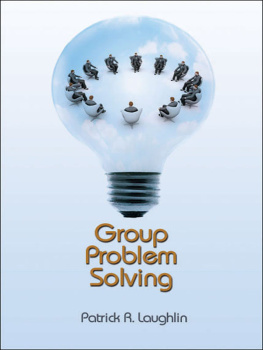Stephen K. Reed - Word Problems: Research and Curriculum Reform
Here you can read online Stephen K. Reed - Word Problems: Research and Curriculum Reform full text of the book (entire story) in english for free. Download pdf and epub, get meaning, cover and reviews about this ebook. year: 1998, publisher: Routledge, genre: Romance novel. Description of the work, (preface) as well as reviews are available. Best literature library LitArk.com created for fans of good reading and offers a wide selection of genres:
Romance novel
Science fiction
Adventure
Detective
Science
History
Home and family
Prose
Art
Politics
Computer
Non-fiction
Religion
Business
Children
Humor
Choose a favorite category and find really read worthwhile books. Enjoy immersion in the world of imagination, feel the emotions of the characters or learn something new for yourself, make an fascinating discovery.
- Book:Word Problems: Research and Curriculum Reform
- Author:
- Publisher:Routledge
- Genre:
- Year:1998
- Rating:3 / 5
- Favourites:Add to favourites
- Your mark:
Word Problems: Research and Curriculum Reform: summary, description and annotation
We offer to read an annotation, description, summary or preface (depends on what the author of the book "Word Problems: Research and Curriculum Reform" wrote himself). If you haven't found the necessary information about the book — write in the comments, we will try to find it.
Beginning with the different knowledge structures that represent rule learning and conceptual learning, the discussion proceeds to the application of these ideas to solving word problems. This is followed by chapters on elementary, multistep, and algebra problems, which examine similarities and differences in the cognitive skills required by students as the problems become more complex. The next section, on abstracting, adapting, and representing solutions, illustrates different ways in which solutions can be transferred to related problems. The last section focuses on topics emphasized in the NCTM Standards and concludes with a chapter that evaluates some of the programs on curriculum reform.
Stephen K. Reed: author's other books
Who wrote Word Problems: Research and Curriculum Reform? Find out the surname, the name of the author of the book and a list of all author's works by series.

